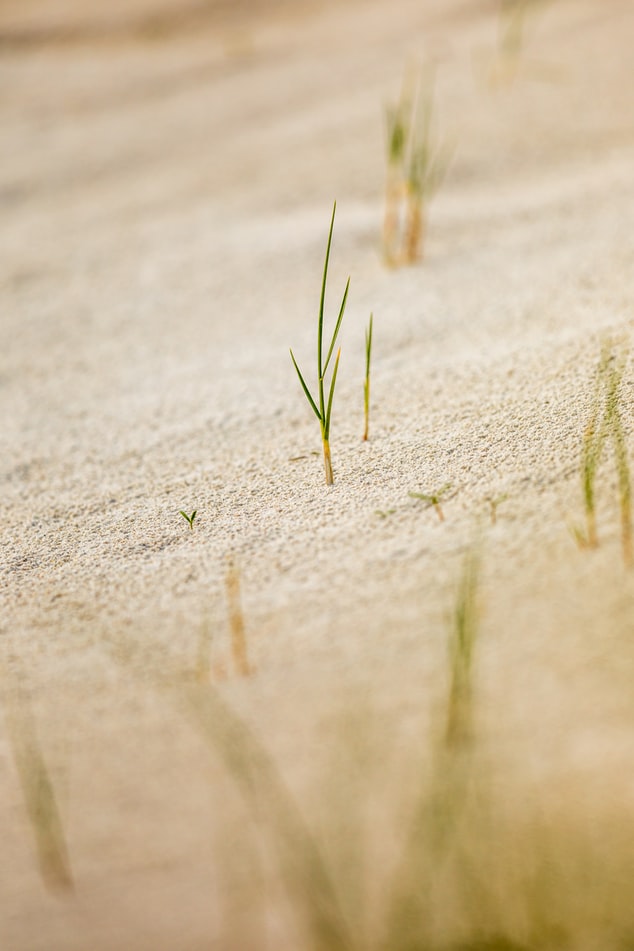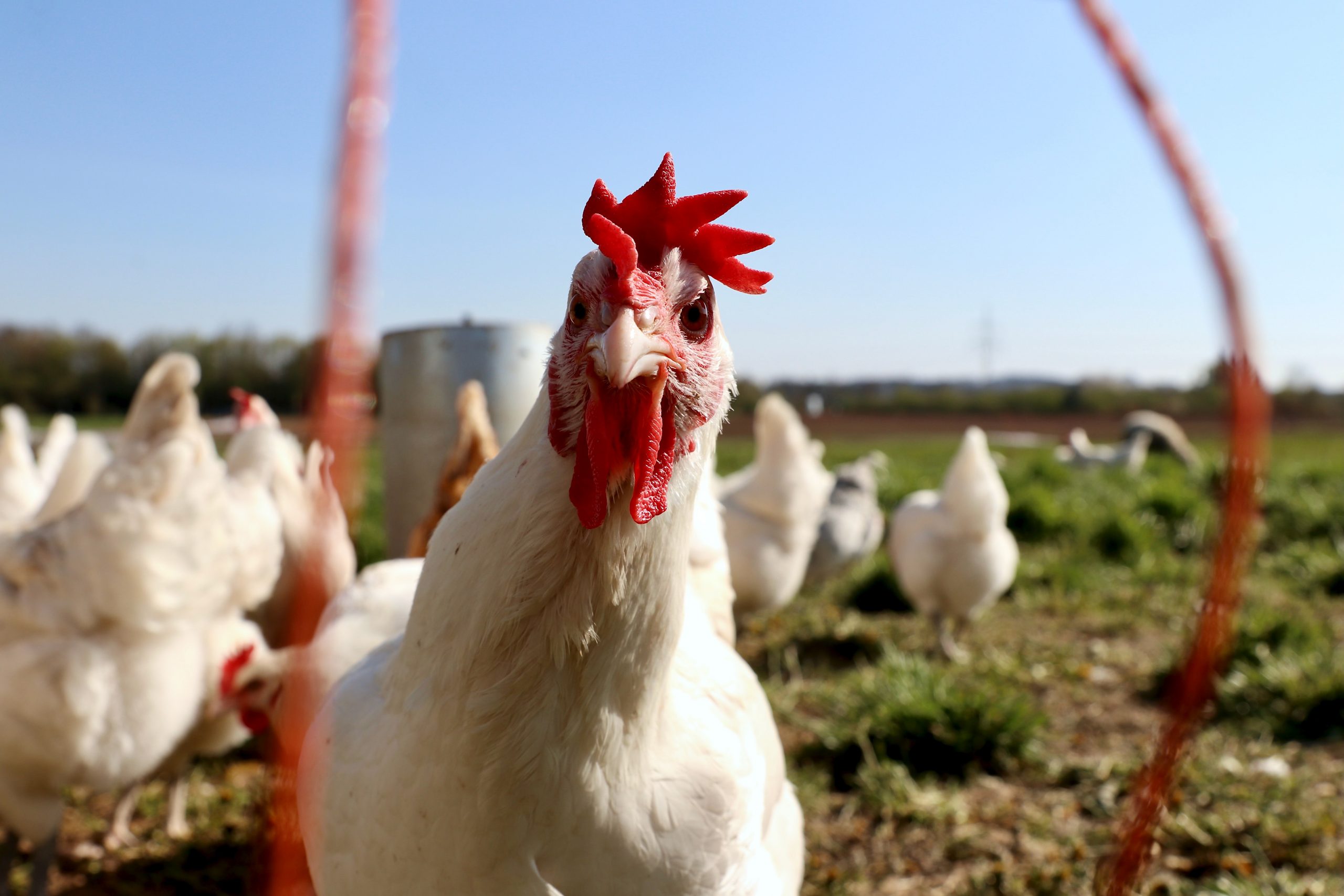Dear Readers,
We are a group of students from Acadia university currently conducting research on the Kingston Sand Barrens, the intent of this article is to hopefully raise awareness for the sand barrens. Specifically, we aim to stress the multiple benefits of the barrens, and the ways in which they are currently being endangered.
The Kingston Sand Barrens is an endangered ecosystem. Sand barrens are often perceived to have little to no intrinsic value, and as a result they are often destroyed for more “productive” uses including building airports, sand mining, construction of houses, establishing graveyards, and more. It’s estimated that roughly 97% of the original sand barrens have been lost due to fire suppression, agricultural development, sand quarrying, and invasion of non-native species. Also, due to human activities such as ATV driving, the remaining ecosystems are being disrupted, plant cover is getting damaged, and there is a reduction of biodiversity. This leaves the barrens susceptible to sand erosion, as the sand is no longer bound in place by vegetation. The blowing sand not only becomes a nuisance to drivers on the adjacent highways, but it also causes damage to the agricultural sector and home gardeners alike. The traveling sand (when blowing onto fields and home gardens) makes the soil less productive and subsequently increases the need for fertilizers. This further exacerbates the issue that the soil in the historically sand barren areas is not very fertile to begin with, as it is mostly composed of sand. This increases the need for chemical fertilizers even further, which leads to issues like chemical run-offs, eutrophication , and water pollution. By protecting the sand barrens, we can also preserve the whole ecosystem. One of the main services it provides is a natural water filter which purifies the water and minimizes the risk of water pollution.
If you’re interested in learning more about the sand barrens make sure to visit our website: www.sandbarrensns.ca. Here you’ll find more information on the species found in the barrens, ways in which they’re being endangered, and ways that you can help.





